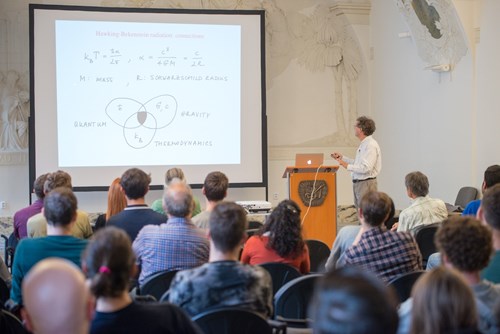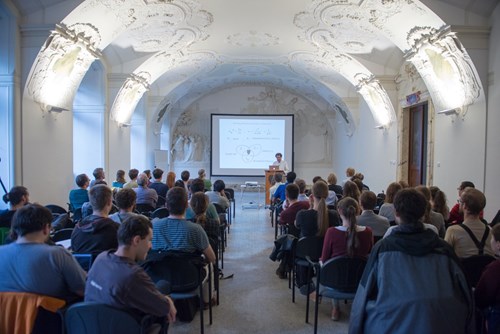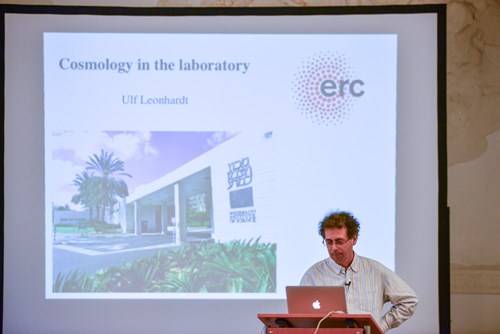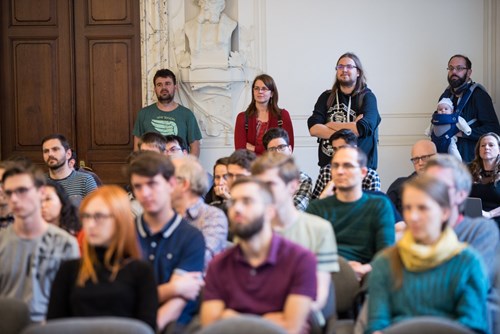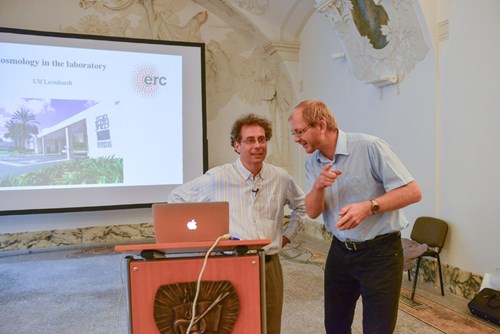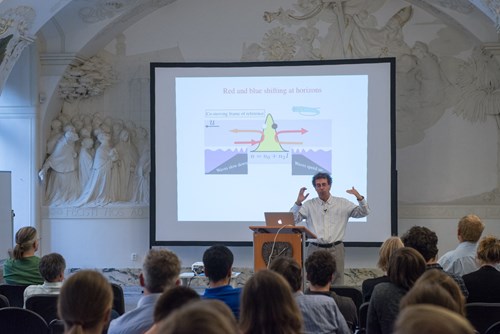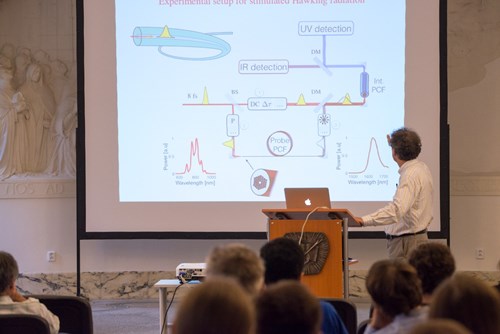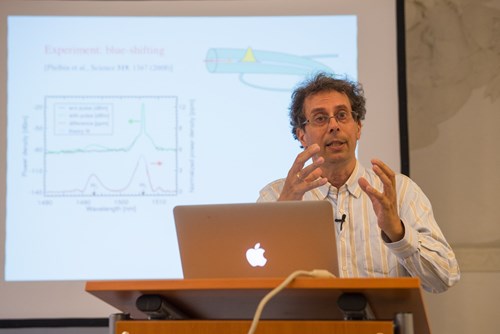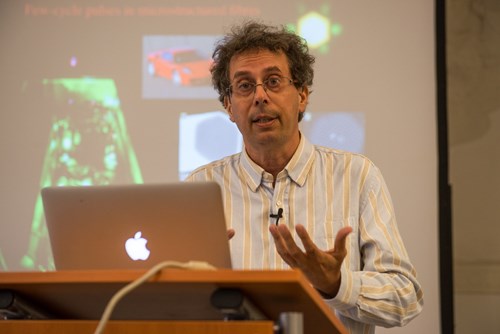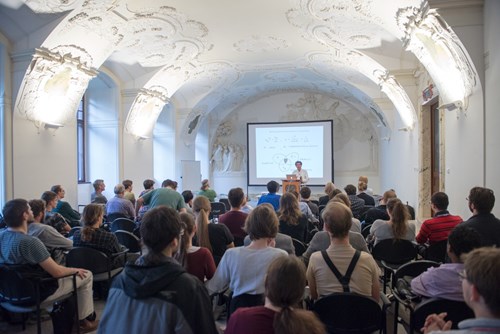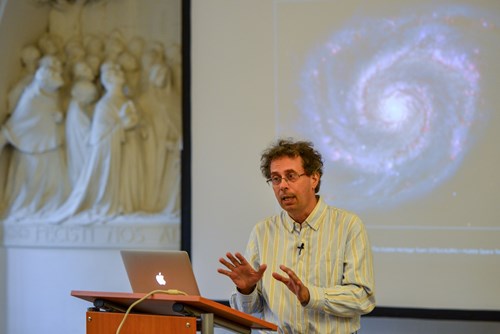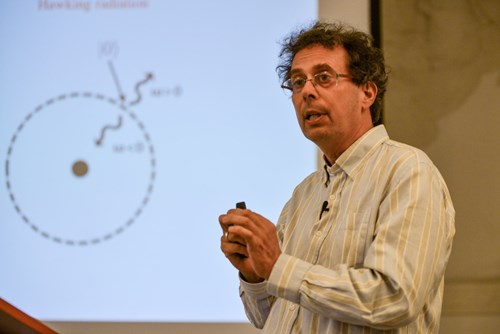
Ulf Leonhardt
Weizmann Institute of Science, Israel
- Ulf Leonhardt joined the Weizmann Institute of Science as Professor of Physics in November 2012 after a distinguished international career.
- Born in Schlema, in former East Germany, on October 9th, 1965. He studied physics at Friedrich-Schiller University Jena, at Moscow State University and at Humboldt University Berlin where he received his Ph.D. in 1993.
- From 2000 until his appointment at the Weizmann Institute in 2012, he was the Chair in Theoretical Physics at the University of St Andrews, UK.
- Ulf Leonhardt also had various visiting positions: in 2008 he was a Visiting Professor at the National University of Singapore and in 2011 at the University of Vienna; in 2012/13 he was an adjunct professor at South China Normal University.
- Ulf Leonhardt is the first from former East Germany to win the Otto Hahn Award of the Max Planck Society.
- For his Ph.D. thesis, he received the Tiburtius Prize of the Senate of Berlin. In 2006 Scientific American listed him among the top 50 policy business and research leaders for his work on invisibility devices. In 2008 he received a Royal Society Wolfson Research Merit Award and in 2009 a Theo Murphy Blue Skies Award of the Royal Society.
- In 2012 he received a thousand-talent award of China. He is a Fellow of the Institute of Physics and the Royal Society of Edinburgh.
